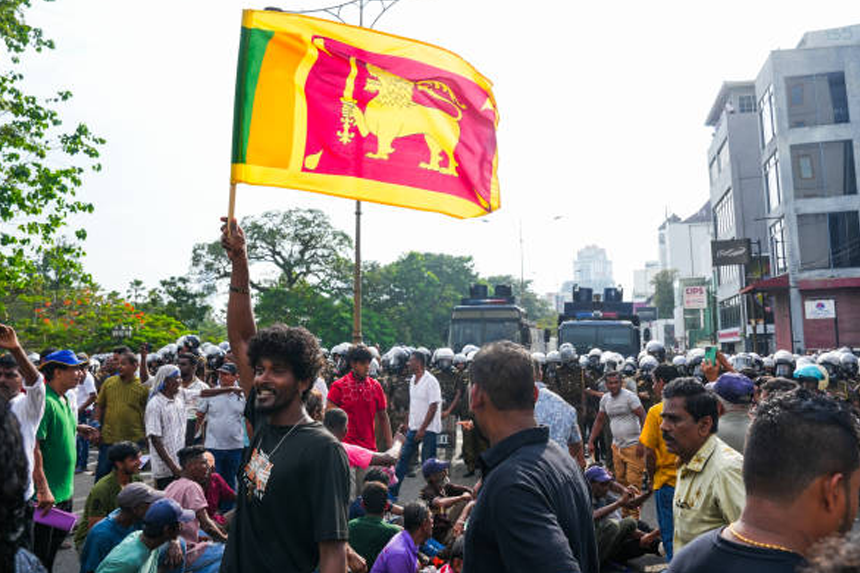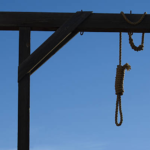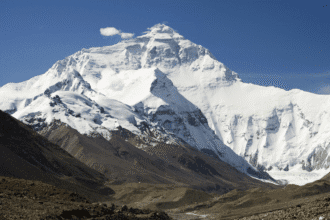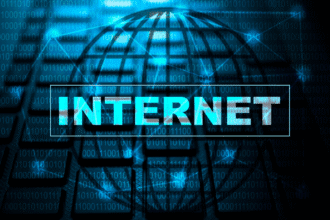The political scene of Sri Lanka has changed dramatically with the election of a new left-leaning president and the general success of his party. Still, as the nation works on a precarious economic recovery, the new leadership discovers that meeting campaign pledges is far more complex than first expected. Years of financial uncertainty have set off the political crisis in Sri Lanka, which now presents significant obstacles to rehabilitation.
- What does the Resounding Mandate of D Nissanayake mean for Sri Lanka?
- How will the IMF Agreements affect Sri Lanka's recovery?
- How did the economic crisis inspire a public uprising?
- How Can the New Government Handle Citizens' Economic Stress?
- How will Sri Lanka control the influence of China and India?
- What does the future Say for new leadership in Sri Lanka?
What does the Resounding Mandate of D Nissanayake mean for Sri Lanka?
The surprising triumph of Anura Kumara Dissanayake in the September presidential contest was soon followed by a stunning sweep in legislative elections for his National People’s Power (NPP) coalition. With this triumph, the NPP acquired a two-thirds majority in the 225-member house, a level of support never witnessed in Sri Lankan political history.
The political change marks a promising moment for the island nation, which has been trying to bounce back from an economic crisis that has seriously affected its people’s way of life. The new government is now charged with the enormous difficulty of meeting high voter expectations. The NPP seeks to negotiate Sri Lanka’s political crises and guide the nation toward economic recovery.
Supporters of D Nissanayake are yearning for change and hope that this new political era marks a turning point. However, given the state of the nation’s economy, they must face the harsh fact that the campaign’s pledges could prove challenging to fulfill.
How will the IMF Agreements affect Sri Lanka's recovery?
The modest economic recovery following the 2022 financial crisis is still in progress. The nation is far from free from the economic upheaval causing inflation, food shortages, and sharply rising living expenses. With Sri Lanka defaulting on its external debt of almost $46 billion and declaring bankruptcy later, the crisis was exacerbated as basic needs such as food and gasoline became rare.
Dissanayake has already faced the reality of Sri Lanka’s financial obligations, especially about the International Monetary Fund (IMF), notwithstanding his electoral triumph. Negotiating a $2.9 billion bailout deal, the departing administration created a point of conflict with its related austerity policies, tax increases, and subsidy cuts.
Dasantayake promised to revise the conditions of the IMF agreement throughout the campaign. But soon after assuming office, the president changed his stance when he realized that the state of the nation’s economy made little space for any radical transformation. As the government keeps handling the continuous debt problem, this is a pivotal point in Sri Lanka’s economic recovery.
“The status of the economy is such that it cannot absorb the least disruption… There is no space to allow mistakes,” Dissanayake said in front of the parliament. “This is not the moment to talk about whether the terms of the IMF loan are good or terrible, whether the arrangement benefits us or not… The procedure had lasted around two years; we cannot start over again.”
How did the economic crisis inspire a public uprising?
The NPP’s great popularity resulted from a people’s revolt that started with the economic crisis reaching its climax. Mass demonstrations in the summer of 2022 drove then-President Gotabaya Rajapaksa to flee Sri Lanka as the nation ran out of foreign money, leaving people unable to pay basic needs such as food and petrol.
The crisis is still causing many individuals great upheaval. The nation had to default on its foreign debt and had already started loan talks with Japan, China, and India.
The public’s growing resentment at the established political parties—including those run by former presidents Mahinda Rajapaksa and Ranil Wickremesinghe, whom many blame for mishandling the economic crisis—also showed in the election results.
How Can the New Government Handle Citizens' Economic Stress?
Dissanayake’s main obstacle is handling the growing discontent of ordinary people, especially those mothers of four living in a Colombo suburb. Dilrukshi and her family still battle the high cost of living, notwithstanding the outcome of the elections.
“Nothing has changed; we still have financial difficulties making ends meet. Basic food, such as rice, has become even more expensive. The government is not providing any relief, claimed Dilrukshi. She remembers how, in early 2022, the family could only afford two meals a day instead of three; their children ate only veggies and rice to help with the extreme food prices.
The import-dependent economy of Sri Lanka aggravates the situation; currently, the government can only control its currency reserves by postponing debt repayments. Experts caution that since the government would have to start paying debt back off in the next several years, the actual economic burden will hit then. The political turmoil in Sri Lanka frustrates its people since many hope for real change.
People have handed him a significant mandate. A seasoned political expert stated the IMF should appreciate that by letting him provide some relief to the people via social welfare initiatives.”
How will Sri Lanka control the influence of China and India?
Apart from overseeing economic transformation, D Nissanayake’s government has to negotiate the delicate equilibrium in foreign policy. India and China have significant stakes in Sri Lanka and are keen to keep sway over the country.
“India and China will aim to underlie Colombo under their spheres of influence. The political expert added, “I believe the new government’s foreign policy will be extremely pragmatic without matching with anyone.”
In mid-December, Dissanayake made Delhi his first official foreign trip in a diplomatic effort meant to deepen ties with surrounding India. India promised during his visit to provide liquefied natural gas for Sri Lankan power plants and to work on a long-term grid connection between the two countries.
But with China’s increasing presence on the island, Sri Lanka’s developing ties to the country have drawn questions. Anxiety in Delhi has resulted from Chinese research vessels calling at Sri Lankan ports close to India’s southern edge.
Following a meeting with Indian Prime Minister Narendra Modi, Dissanayake reassured the prime minister of India that we will not let our territory be exploited in any way that is adverse to India’s interests.
India most certainly welcomed this statement, but all eyes will be on D Nissanayake’s forthcoming trip to China in mid-January to see how his government intends to manage the rising sway of both world giants.
What does the future Say for new leadership in Sri Lanka?
The new government will have an uphill fight to fulfill its pledges once 2025 starts. The great expectations placed on the NPP are reflected in the overwhelming support of voters; nevertheless, if living standards do not immediately improve, Dissanayake’s mandate might lose impetus. The next few years will be crucial for deciding if his leadership can help Sri Lanka out of its dilemma or whether the great promises of his campaign will be forgotten in front of economic reality. Sri Lanka’s political turmoil still shapes its destiny; its economic recovery is still delicate.








